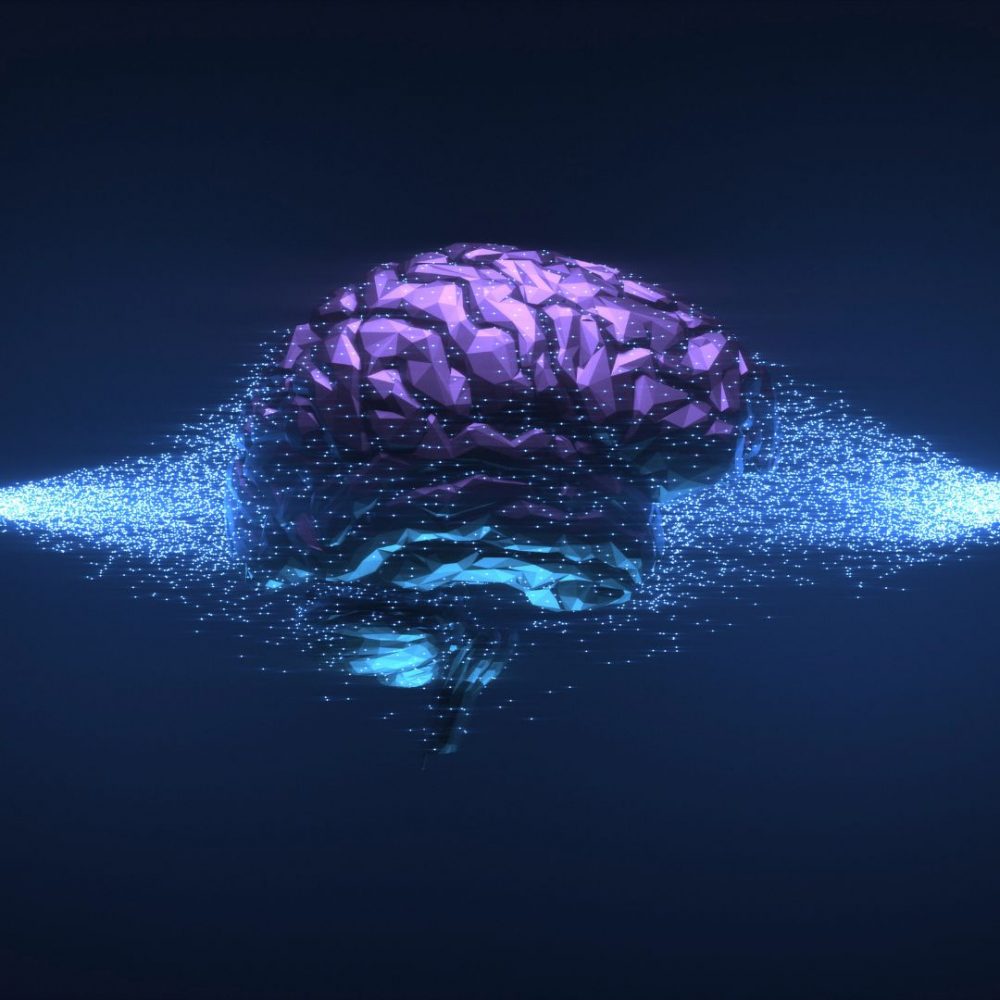
AI-driven human brain cells!
Recommended for Bioengineering
Researchers at Johns Hopkins University have developed a blueprint for something called “organoid intelligence” or biocomputers.
What is an organoid?
An organoid is a bunch of cells or tissue that has been grown in a lab to look like an organ.
Biocomputers are systems that link brains made in a lab to sensors and input/output devices in the real world. Researchers anticipate the technology will enable brain processing.
As a result, they could learn more about how the mind works and how people learn. In addition to what causes different brain diseases.
Mini-brains!
- Researchers have traditionally relied on the brains of rats when investigating a wide variety of human neurological conditions.
- This method has proven to be challenging to say the least for the following reasons.
- Firstly, there are a number of structural and practical distinctions between the brains of rodents and humans.
- Secondly, there exist visible differences in mental capacities as well.
- Although rats provide a simpler and more accessible system to study the brain, there are significant differences between the two.
- So, scientists are experimenting with creating “mini-brains” in labs.
- These “mini-brains,” could be as large as 4 millimetres in diameter.
- Also, they are constructed from human stem cells.
- As a result, in the process of growing up, they replicate many of the physical and functional features of the human brain.
- Researchers are currently utilising “mini-brains” to research the development of the human brain.
- As well as test various medications to determine how they react.
- However in order to evolve into a human brain the mini-brains also require a variety of sensory inputs.
- For example touch, smell, vision, etc.
- On the other hand, the brain organoids that are generated in the lab are not quite as advanced as the human brain.
- Because the organoids do not currently have blood circulation, their capacity for growth is currently restricted.
Bio-computers
- In order to construct “bio-computers,” the researchers will integrate “mini-brains” with contemporary computing techniques.
- They aspire to combine organoids with machine learning.
- In other words, cultivate the organoids within flexible structures that are fastened with a number of electrodes.
- Firstly, these structures will apply electrical stimulation in an effort to simulate the effects of sensory input.
- Secondly, they will be able to record the firing patterns of the neurons.
- Thereafter, machine learning techniques will be used to conduct an analysis of the response pattern of the neurons and their effect on human behaviour or biology.
Similar Stories
- Artificial Neural Networks: Next-Gen Brain-Computer
- Discover the Link Between Yawns and Brain Size!
- Scientists use Math to study the brain!
Watch a video
TED-Ed explains “mini-brains” to us.
Curious Times is a leading newspaper and website for kids. We publish daily global news aligned to your learning levels (also as per NEP 2020): Foundational, Preparatory (Primary), Middle and Senior. So, check out the News tab for this. We bring kids’ favourite Curious Times Weekly newspaper every weekend with top news, feature stories and kids’ contributions. Also, check out daily JokesPoke, Tongue Twisters, Word of the Day and Quote of the Day, kids need it all the time.
Curious Times News Program for Schools for FREE. Over 5,000 schools and teachers from all over the world have joined our programme so that students and teachers can get FREE Educative Newspaper. Here, kids can take part in world events and win prizes and certificates for free through their schools.
Moreover, schools are sharing important School News, like interviews with the principal, notices about new students, contests, and results, not just on social media but also on a news website for kids and other schools.
Thus, do not wait any further, sign-up for your school for FREE.
The following social media platforms allow you to communicate with us: WhatsApp, Instagram, Facebook, Youtube, Twitter, and LinkedIn.
0 (Please login to give a Curious Clap to your friend.)
